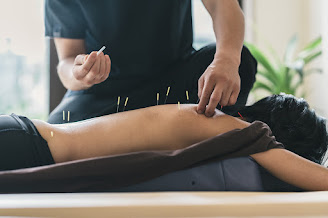A Closer Look at Hybrid Addiction Treatment
Many inpatient drug rehab centers use “one-size-fits-all” methods for treating addiction. The most prevalent example among these is the 12-step model. Though the 12-step program has helped many people find a path to wellness, facilities that rely solely on the 12 steps may leave people with fewer tools to maintain their long-term sobriety.Another potential drawback of a more rigid approach is that the treatment philosophy might not align with everyone’s values. For instance, if you’re not a person of faith, you may struggle with the idea of surrendering to a higher power in 12-step addiction recovery. Ultimately, a rehab program that doesn’t click with you could make it even more challenging for you to get – and stay – on the right track.
In contrast, a hybrid addiction program combines several treatment modalities, all of which work together to help ensure the higher probability of long-term success. In hybrid treatment, for example, clients who prefer a more secular approach may thrive in SMART® Recovery, which introduces people to a science-based, self-empowering pathway to lifelong abstinence from harmful substances. Adding holistic therapies such as yoga and acupuncture to the mix provides a well-rounded foundation for recovery.
Advantages of the Hybrid Approach
Hybrid addiction treatment has several notable benefits that set it apart from more traditional methods of achieving sobriety.- Helps avoid a relapse: Combining holistic and evidence-based treatments will give you a broader set of tools and skills to choose from when you leave rehab. Having these at your fingertips can be invaluable as you encounter the triggers and stresses associated with the “real world.”
- Addresses the underlying cause of your addiction: Cognitive behavioral therapy and dialectical behavioral therapy are ideal for treating addictions because they help you relearn how to respond in different circumstances. You can learn to uncover the root of your addiction and why you crave substances in specific scenarios.
- Heals all facets of a person: Hybrid addiction treatment can simultaneously address physical, mental, emotional and spiritual issues for comprehensive well-being.













